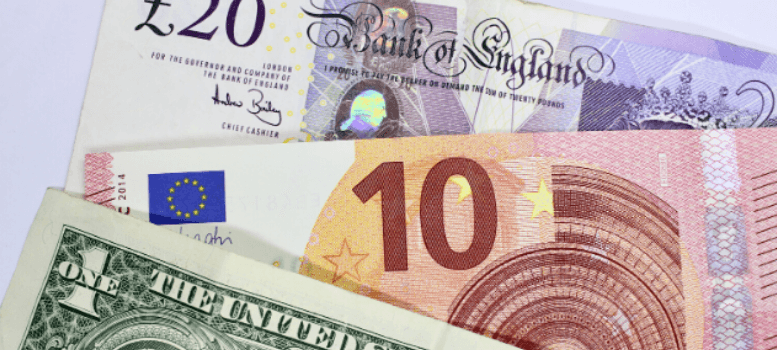The world of finance seems to get larger every day. Although we are currently amid the largest global wealth imbalance ever, we still see a rising growth for impoverished citizens around the world. More people are able to access life-saving goods and services, and fewer people die from hunger than ever before.
But, for this strangely beneficial world to continue, so must commerce. Businesses must continue to create strategic partnerships across territorial lines, and relationships must blossom around the world. Therefore, it is essential to know the cost of a business currency exchange transaction.
We live in a world of interconnectedness, which means countries must barter and trade in the same currency as their trade partners and suppliers. However, this service does not come freely. Maintaining accurate and up-to-date information about the world’s many currencies requires a fair amount of resources.
But, how much does it cost for business currency exchanges? Like most things, there is no clear cut answer. Instead, there are several factors that will influence the cost of the product, such as:
The Company Doing the Business Currency Exchange
One of the most important cost determinants for business currency exchanges is the company overseeing the transaction. Typically, this process is handled by banks, but there are a number of trusts, lenders and other intermediaries who can also oversee the transaction. Each of these companies is hoping to make their own profit off of the transaction, meaning that they will play a large role in deciding the cost.
Therefore, choosing the right company is essential to getting the best deal possible. Ideally, they should offer low exchange rates, helpful service and friendly advice, but there is one surefire way to choose the right company, which is to compare several offers and do due diligence at the outset of the relationship.
The Exchange Rate of the Currencies Being Exchanged
Exchange rates fluctuate throughout the day. For small transactions, the minor variations are usually not too onerous. However, when you are dealing with hundreds of thousands or millions of units in a particular currency, it becomes a different story.
If you purchase a bulk order with a currency in decline, you can face heavy penalties. Similarly, if you miss your opportunity to purchase when the exchange rate would’ve been in your favour, you face a different kind of issue that still has significant consequences.
Therefore, it is clearly essential to maintain the exchange rate you expect for your transaction. If you do not, the cost of your business currency exchange will be affected, either positively or negatively. All of this brings us to our final cost-affecting factor.
Whether You are Trading Futures or Not
The term “trading in futures” alludes to locking in a particular currency exchange rate. As we mentioned earlier, nobody wants to foot the bill for an overly expensive shipment of materials, and nobody wants to take the loss earlier. Therefore, many businesses will make these decisions at the start of the transaction and lock in the currency exchange rate at that time.
Although it is rare that we see these stipulations as consumers, a perfect example would be foreign vehicle purchases. These deals often take a long time to come to fruition, meaning that when you pay could be months after you order. Ensuring a consistent price throughout that waiting period can help save both you or your supplier a significant amount of money, depending on the fluctuation of currency exchange rates.
Do your diligence and stay safe in the wide world of business currency exchanges!



Be the first to comment on "The Cost of Business Currency Exchange"